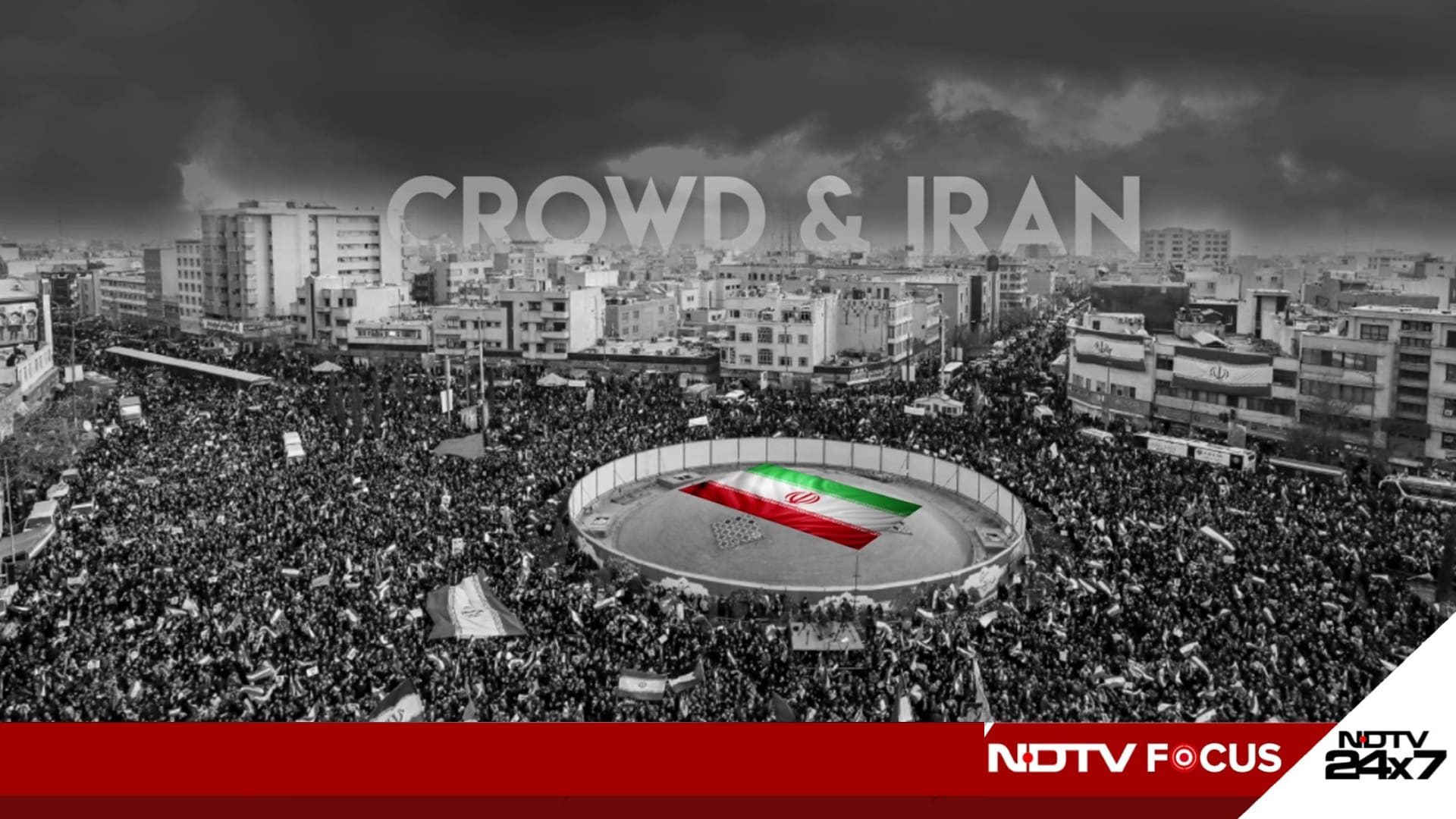Bangladesh News: Nobel laureate Muhammad Yunus is ‘chief advisor’ of the interim government (File).
New Delhi:
Nobel laureate Muhammad Yunus – who last week took oath as head of Bangladesh‘s interim government – has heaped praise on students who spearheaded protests against ousted Prime Minister Sheikh Hasina. “There is no doubt… because of the student-led revolution the whole government collapsed…” Mr Yunus told reporters after a Sunday night meet with the students.
“I said (to the students), ‘I respect you… I admire you. What you have done is absolutely unparalleled… and because you ordered me to do this (to take charge of the interim administration) I accept…’,” Mr Yunus said, recounting part of the conversation he had with the students.
Two of the student protesters – Nahid Islam and Asif Mahmud – are part of a 16-member advisory council that was sworn in with Mr Yunus. The 84-year-old won the 2006 Nobel Peace prize for his work in microfinance and setting up the Grameen Bank, which works for community development.
READ | Md Yunus Takes Oath As Head Of Bangladesh Interim Government
Mr Yunus has also stressed the wave of resignations of high-ranking public officials, including the Chief Justice of the Supreme Court and head of Bangladesh’s central bank, was “conducted legally”.
They had reportedly been issued ultimatums to quit.
READ | Why Bangladesh Chief Justice, Sheikh Hasina Loyalist, Was Forced To Quit
“They want to have a new court,” he said of the students. “So they went there and asked the chief justice to resign and put their pressure to make him resign.”
“I’m sure they will find the legal way to justify all of this, because legally… all the steps were followed,” he said. His office only agreed to publish these quotes Monday evening.
“The Monster Is Gone”
“Finally, this moment, the monster is gone,” Mr Yunus also said, referring to Ms Hasina’s departure and the end of what her critics said was an autocratic rule that stifled all dissent.
However, Mr Yunus warned the interim government that public goodwill is a limited resource and that they would face many difficult decisions ahead. “The moment you start taking decisions, some people will like your decisions, some people will not like your decisions,” he said. “…that’s the way it works.”
Interim Bangladesh Government
The interim government was formed after Bangladesh witnessed weeks of violence and clashes – triggered by protests over a jobs quota – forced Ms Hasina, a five-time PM, to resign and flee.
READ | Explained: How Gen Z Women And Military Transformed Bangladesh
Sheikh Hasina left the Prime Minister’s residence in Dhaka – hours before it was overrun – and flew to India in a Bangladeshi military aircraft. The 76-year-old, seen as a key ally of New Delhi, remains in an undisclosed location amid reports she will seek political asylum, possibly in the United Kingdom.

Dhaka, the Bangladesh capital, was rocked by violent protests against Sheikh Hasina’s rule.
Following Ms Hasina’s departure Md Yunus – who faced multiple corruption charges under the previous government and was in Europe while Sheikh Hasina was in power – was picked by the protesting to oversee democratic reforms.
His first act after being administered an oath of office – and taking the title of ‘chief advisor’ – was to lead a solemn tribute to the more than 450 people who died in the protests.
READ | Muhammad Yunus Honours Heroes, First Act As Bangladesh Interim Leader
It is unclear when Bangladesh will hold an election to select a new Prime Minister. Whenever that is, Mrs Hasina is likely to return to contest, her son, Sajeeb Wazed Joy told The Times of India. “She will go back to Bangladesh the moment the interim government decides to hold an election,” he said.
India Extends “Best Wishes”
Meanwhile, Prime Minister Narendra Modi has extended his best wishes to Mr Yunus,
READ |PM Extends Best Wishes To Yunus, “Hopes For Safety Of Hindus”
“We hope for an early return to normalcy, ensuring the safety and protection of Hindus and all other minority communities. India remains committed to working with Bangladesh to fulfil the shared aspirations of both our peoples for peace, security and development,” he wrote on X.
READ | How Sheikh Hasina’s Ouster Affects India-Bangladesh Ties
With the change of guard in neighbouring Bangladesh, the Indian government now faces a diplomatic dilemma, even as China was also swift to welcome Dhaka’s new authorities, saying it “attaches importance to the development” of relations.
With input from agencies
NDTV is now available on WhatsApp channels. Click on the link to get all the latest updates from NDTV on your chat.





